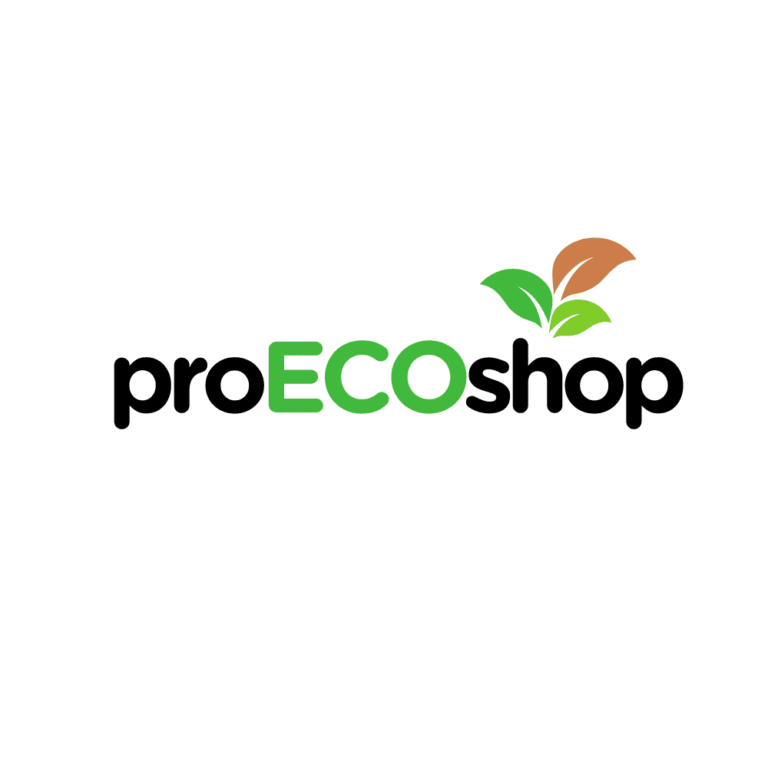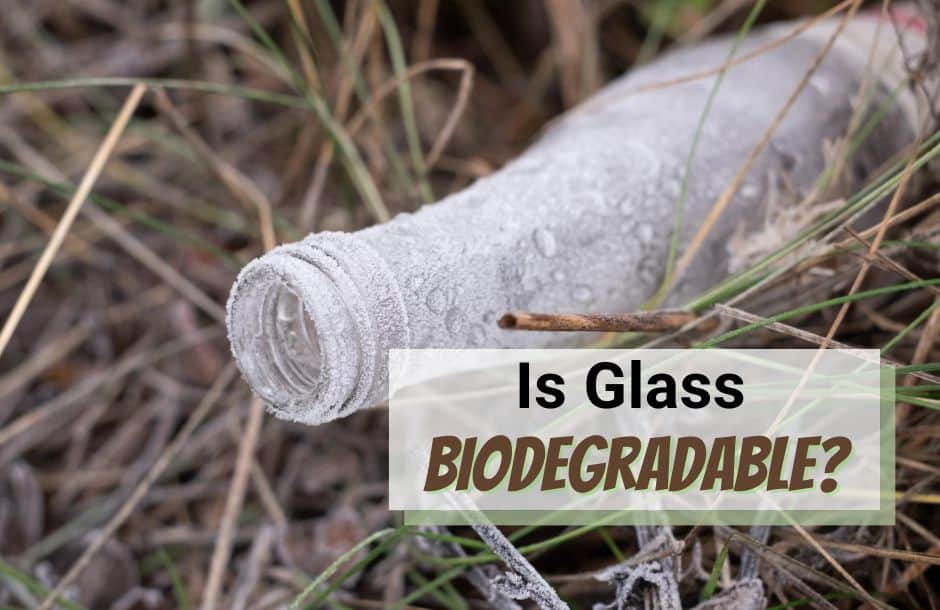Is Glass Biodegradable?
Glass is not biodegradable, meaning it cannot be broken down by natural processes like other organic materials. However, it is recyclable. Recycling glass conserves raw materials and energy, and helps keep glass out of landfills.
What is Glass?
Glass is a material that is produced by melting silica sand, soda ash, and limestone. The molten glass is then cooled and formed into various shapes. Glass is a non-crystalline material, which means that it does not have a regular atomic structure like a crystal. The lack of a regular atomic structure is what gives glass its transparency. Glass is also a very strong material, and it is used in a variety of applications, including windows, cups, bottles, and eyeglasses. Glass is also used in some cookware because it is a good conductor of heat.
What is Biodegradation?
Biodegradation is the process by which organic materials are broken down by microorganisms in the environment. This process can occur naturally or be accelerated by human activity. Biodegradation is an important part of the global carbon cycle and is essential for the recycling of nutrients in the ecosystem.
Biodegradation can be used to reduce the volume of solid waste, such as sewage sludge, manure, and food waste. It can also be used to clean up contaminated sites, such as oil spills and landfills. Biodegradation can also be used to produce renewable energy, such as methane gas from landfill waste.
Human activity can accelerate the biodegradation process. For example, the addition of oxygen to sewage sludge can speed up the breakdown of organic matter. The use of enzymes and other chemicals can also speed up the process.
Biodegradation is a natural process that occurs over time. However, the rate at which it occurs can be affected by environmental conditions. For example, the temperature, pH, and moisture content of the environment can all affect the rate of biodegradation.
What Happens to Glass When it is Biodegraded?
Glass is not biodegradable, meaning it cannot be broken down into smaller pieces by natural processes like other organic materials. However, glass can be recycled infinitely without losing any of its quality. Recycling glass conserves raw materials, reduces energy consumption and emissions from manufacturing new glass, and helps keep glass out of landfills.
Advantages of Glass Biodegradation
Glass is a very popular material for food and beverage containers because it is inert, meaning it does not leach chemicals into its contents. Glass is also very durable and can be recycled endlessly without losing its quality.
Another advantage of glass is that it is biodegradable. Unlike plastic, which can take hundreds of years to decompose, glass can be broken down by natural processes in just a few months. This makes it a much more sustainable material for food and beverage packaging.
What are the environmental benefits of using glass over other materials?
Glass is a popular choice for materials due to its environmental benefits. Glass is made from sand, limestone, and soda ash. These materials are all natural and sustainable. Glass is also a recyclable material. When it is time to replace your windows or update your home, consider using glass.
One of the environmental benefits of glass is that it is energy efficient. Glass is a natural insulator and can help keep your home cool in the summer and warm in the winter. Glass also blocks UV rays, which can help keep your furniture and floors from fading.
Another environmental benefit of glass is that it is safe for the environment. When glass is broken, it does not release harmful toxins into the air like other materials can. Glass also does not attract pests like other materials can.
Finally, glass is a sustainable material. Glass can be recycled over and over again without losing its quality. When you replace your windows or update your home with glass, you can feel good knowing that you are helping the environment.
What are the potential health risks associated with using glass?
There are potential health risks associated with using glass, both in terms of the potential for cuts and in terms of the potential for the glass to contain harmful chemicals.
When using glass, it is important to be aware of the potential for cuts. Glass is a sharp material and can easily cause cuts, especially if it is broken. Cuts from glass can become infected and can lead to other health complications.
In addition, glass can contain harmful chemicals that can be harmful if ingested. Chemicals that can be found in glass include lead and arsenic. These chemicals can cause a variety of health problems, including nausea, vomiting, and even death. It is important to be aware of the potential for these chemicals to be present in glass and to take steps to avoid ingesting them.
What are the potential environmental risks associated with using recycled glass?
When it comes to recycling, glass is one of the easiest materials to recycle. It can be recycled endlessly without losing quality, and it doesn’t contaminate other recyclables the way aluminum can.
However, there are some potential environmental risks associated with using recycled glass. One risk is that recycled glass can contain high levels of lead. When the glass is crushed and used in products such as pavement or construction materials, the lead can leach out and contaminate the environment.
Another risk is that glass can take a long time to decompose. This means that if it’s not recycled, it can end up in landfills where it will take centuries to break down. As it breaks down, it can release harmful toxins into the environment.
So, while recycling glass is generally a good thing, it’s important to be aware of the potential risks associated with it. The recycled glass should only be used in products that will not be exposed to the elements, and it should always be kept out of contact with food.
Disadvantages of Glass Biodegradation
While glass is a very recyclable material, it is not biodegradable. This means that when it is thrown away, it will stay in the environment indefinitely. Glass also takes a very long time to break down, so it can clog up landfills and cause environmental problems.
Is Glass Biodegradable?
Glass is a material that is made from sand, lime, and soda ash. It is 100% recyclable and can be recycled endlessly without loss in quality. Glass is non-toxic and can be safely used in food and beverage containers.
While glass is not biodegradable, it can be recycled into new glass products indefinitely. Recycling glass reduces the need for mining, which can have a negative impact on the environment. It also conserves energy and resources.

